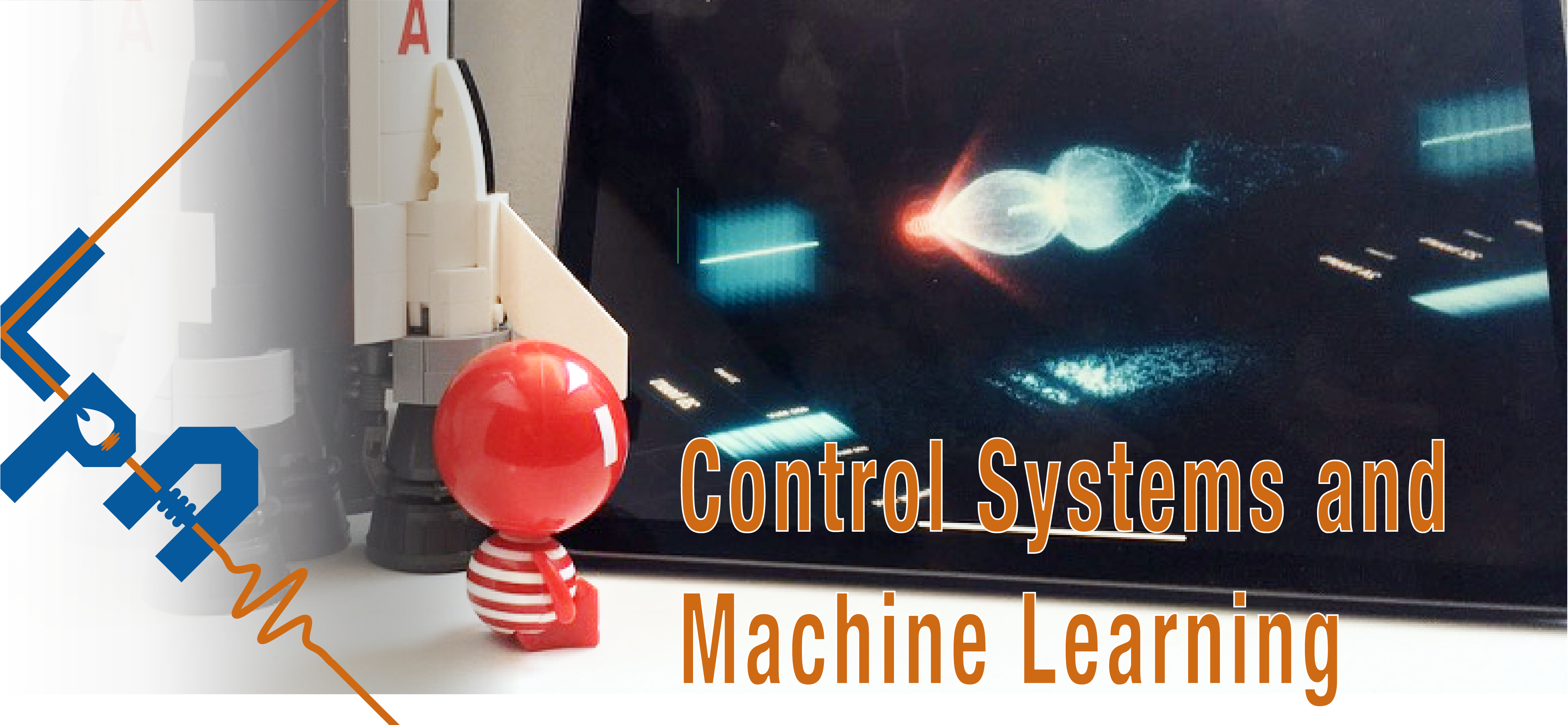Sprecher
Beschreibung
Laser-plasma acceleration (LPA) promises compact sources of high-brightness electron beams for science and industry. However, transforming LPA into a technology to drive real-world applications remains a challenge. In this talk, we discuss how the design and operational principles of the LUX experiment allow us to adopt data-driven approaches to understanding and improving the performance of laser-plasma accelerators. The basis of this development is the deep integration of the machine into a control system that enables real-time monitoring and active stabilization at 1 Hz. In consequence, stable and reproducible conditions can be maintained over many hours of operation and thousands of individual events, which opens the path for applying machine learning techniques to analyze and control the experiment. Featured results include the use of Bayesian optimization to autonomously tune the accelerator to improve the electron bunch quality, and the demonstration of a predictive model that precisely links the LPA stability to fluctuations of the drive laser pulse. Our findings provide guidelines for the development of the KALDERA laser system and highlight the potential of active stabilization at kHz repetition rates.
